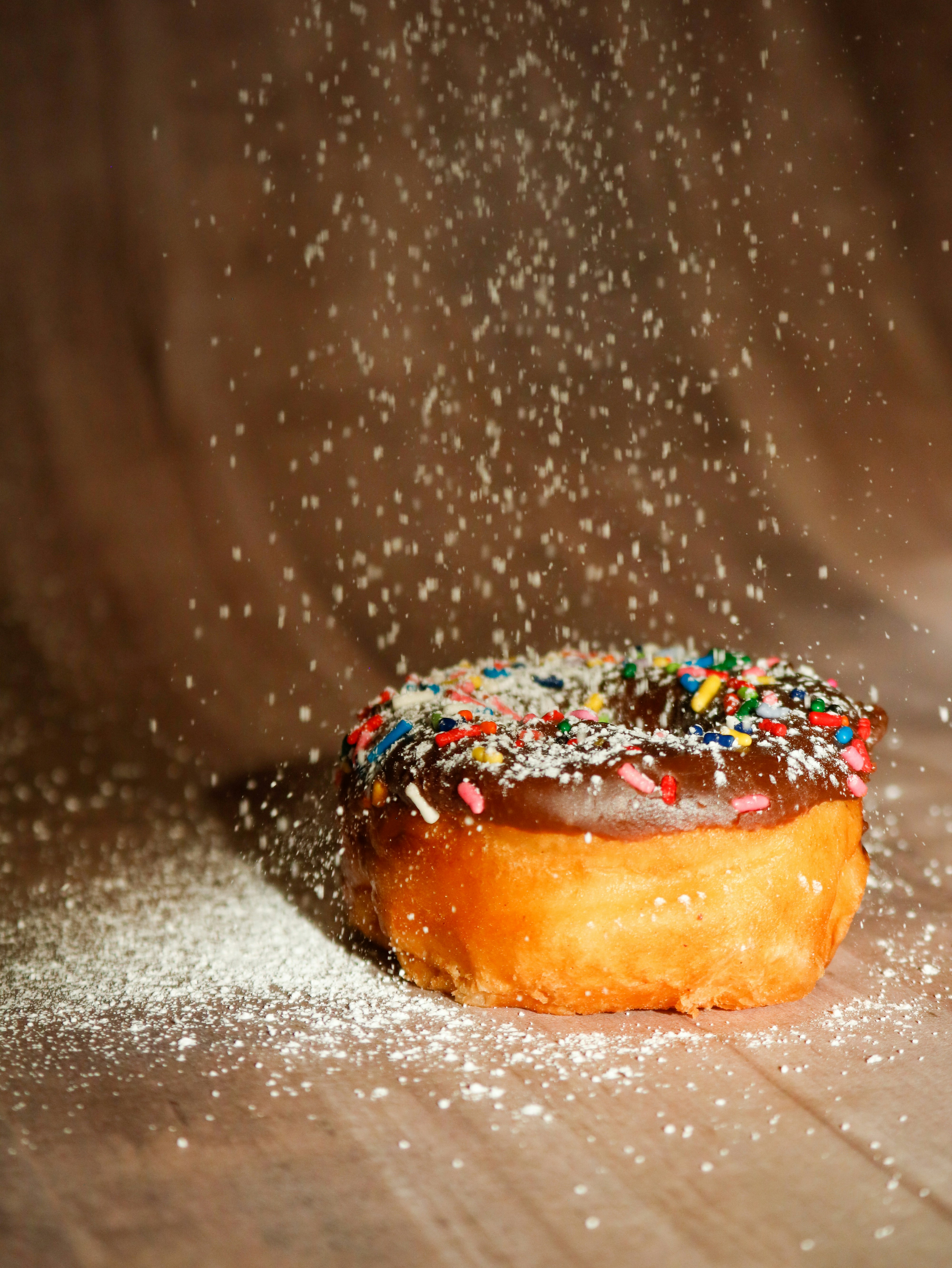
Why Is Added Sugar Bad for You?
"Added sugar is bad for you." We've all heard this, but why? Especially when your body can't differentiate between "added" and "natural" sugar? We…
Enjoy the gift of ginseng–free shipping for orders over 200

Most people think of ginseng as an energy booster.
So, it isn’t difficult to understand the concerns surrounding ginseng use. Especially if we’re talking about those struggling with sleeping issues.
What if it further increases the amount of time it takes for you to fall asleep? (Your sides are already so sore and chafed from tossing and turning.)
But, on the other hand, you’ve also come across research that says ginseng can improve sleep efficiency, the ratio of total sleep time to time in bed, and overall sleep quality. It’s confusing. What’s the truth? Does ginseng keep you awake or help you fall asleep?
Continue reading for answers.

First things first. Does ginseng keep you awake?
Given ginseng’s potent fatigue-fighting effects, the answer would have to be “yes”.
Proof: a comprehensive 2018 systematic review (note: systematic reviews are considered one of the most robust scientific evidence available) published in the Journal of Alternative and Complementary Medicine (New York).
After screening 149 studies (yes, 149!), the researchers concluded that American and Asian ginseng are promising treatment options for fatigue.
There’s even evidence that ginseng—once again, both American and Asian—effectively alleviates cancer-related fatigue, which has been described as “overwhelming, extreme, and persistent exhaustion that disrupts daily activities and function”.

OK, so ginseng boosts energy. This means ginseng does indeed keep you awake.
But does that mean it’ll make it difficult for you to fall asleep, stay asleep, or get good quality sleep (i.e., insomnia)? Not necessarily.
Now, let’s go back to the first study—FYI, this—we mentioned in the introduction that showed ginseng improves sleep efficiency. If you check it out, you’ll see that the researchers used red ginseng. That’s a type of Asian ginseng.
While there’s no “direct” evidence available on the effects American ginseng has on sleep latency (the time it takes for a person to fall asleep) or quality, it would likely exert similar benefits on sleep as Asian ginseng because it:


That said, here’s an important disclaimer: there is evidence that taking high doses of American ginseng might cause sleeping problems.
But notice the keywords “high doses”.
This means you’d likely be able to enjoy the energy-boosting and sleep-promoting effects of American ginseng (think of it as the perfect have-your-cake-and-eat-it-too situation) by taking two “precautions”:


Excited to feel more energetic and fall asleep faster with North American ginseng?
Then you’ll want to click here to check out our selection of high-quality North American ginseng—from classic ginseng to ginseng tea to ginseng powder to ginseng slices; we’ve got every kind of ginseng available to suit your preferences.